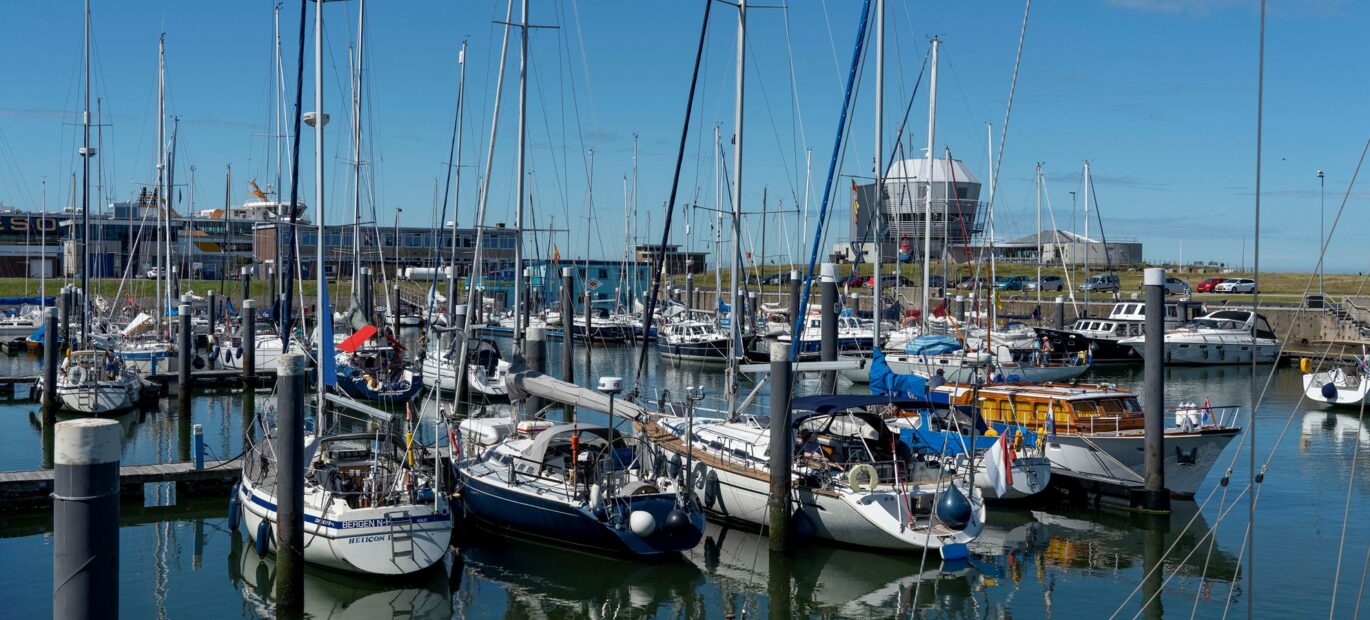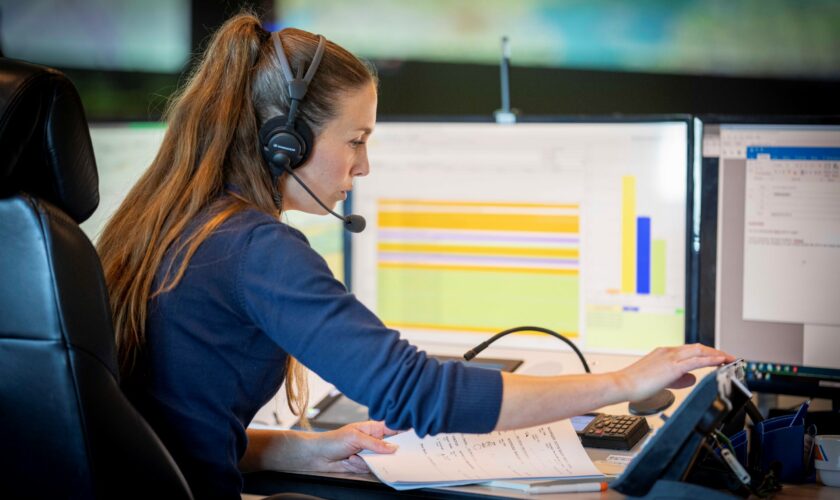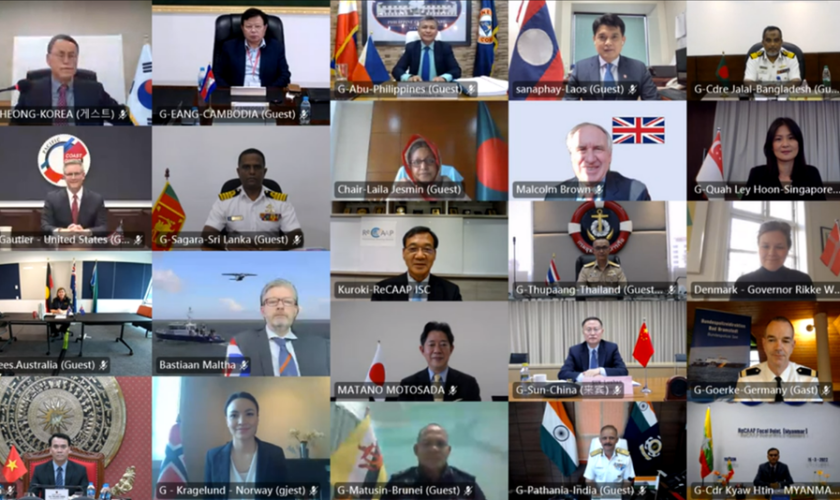Arranging breakdown assistance now boaters’ own responsibility
Per 17 August 2020, it is the boater’s own responsibility to arrange for non-urgent maritime support (breakdown assistance). This concerns situations where there is no immediate danger to lives and/or vessels. Examples include engine trouble and help towing a vessel to harbour. Always notify the Coastguard in the event of danger!
Arranging breakdown assistance now boaters’ own responsibility
The video explains the new procedure.
The new procedure is the result of consultations of the Ministry of Infrastructure and Water Management with maritime rescue workers (salvage companies), the Royal Netherlands Sea Rescue Institution (KNRM) and the Coastguard. An overview of different organisations operating in the different waters is published on www.kustwacht.nl/emergency. Ultimately, the person requesting assistance determines which type of assistance is called in.
Similar to roadside assistance
Previously, boaters would contact the Coastguard, who would then automatically call out lifeboats from the Royal Netherlands Lifeboat Institute (KNRM). “You can compare it to the situation on the road,” explains Head of Operations Edwin van der Pol. “If your car breaks down, you call roadside assistance, not the emergency services.”
Preparation
When the Coastguard receives a call, it follows a verification protocol to determine whether emergency assistance is required. If not, the caller is asked to contact a support provider. If there is any doubt whether the situation is an emergency or not, the KNRM is always called out. “The Coastguard has a control room for emergencies. Boaters themselves are responsible for ensuring that they are properly prepared. And that includes the question: what if there’s a breakdown? Who should I call?” says Van der Pol.
An emergency after all
Sometimes a request for assistance is initially not urgent, but then circumstances turn it into an emergency. In such cases, the Coastguard must be alerted immediately so that emergency assistance (search and rescue) can be started!
Intermediary
In some situations, the caller may be unable to contact a support provider. The Coastguard can then inform the support providers, who can in turn contact the caller in order to provide the necessary help. This requires the caller to grant permission for the Coastguard to share information with support providers. The Coastguard has no further role in processing the request for assistance.
Mission
The Ministry of Infrastructure and Water Management has tasked the Coastguard with carrying out triage. Minister Cora van Nieuwenhuizen informed Parliament about this in a letter. In the event of non-urgent assistance, callers will be informed that obtaining assistance is their own responsibility. A list of (commercial) support providers active in Dutch waters is available on the Coastguard website.



